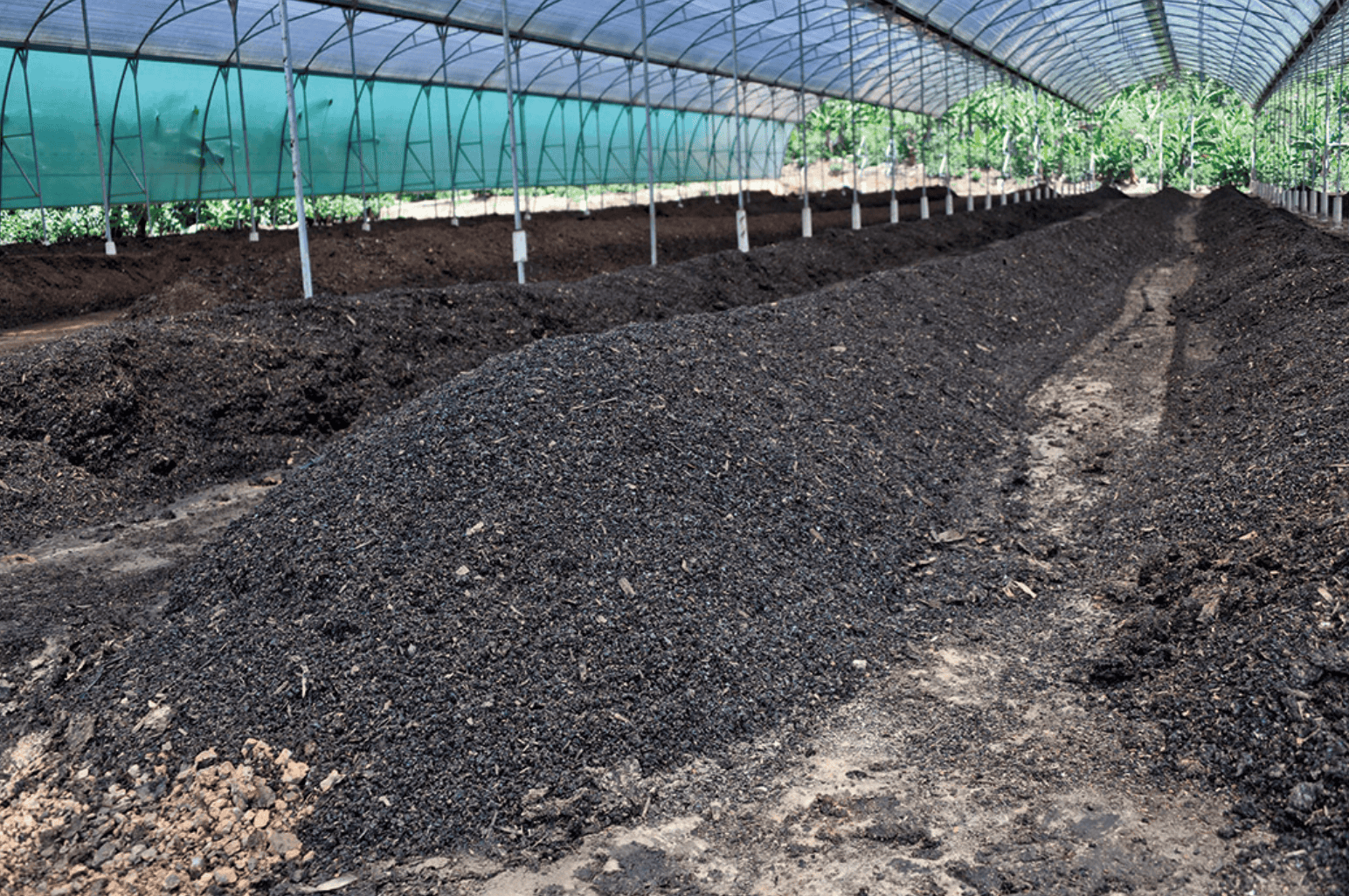The University of Costa Rica (UCR) designed a system that reuses coffee waste and transforms it into energy. The model seeks to reduce greenhouse gas emissions and increase energy efficiency. Coffee is one of the most consumed beverages in the world, and Latin America stands out as one of the main producers of this bean.
Nonetheless, producing 2.3 kilograms of ground coffee requires an investment of 100 kilograms of fruit. As the coffee undergoes processing and is converted into waste, the initial quantity of coffee within the fruit is doubled.
Coffee growers in Latin America require new ways of managing coffee residues to prevent contamination and the production of greenhouse gas emissions.
Juan Pablo Rojas Sossa, from the School of Biosystems Engineering of the University of Costa Rica, created a project that allows reusing coffee waste and transforming it into energy and nutrients.
In this model, the inputs used for the production of ground coffee, such as water and coffee fruit, after being processed and converted into “waste” (pulp and honey water), are revalued by means of a biogas system. This transforms the emissions generated by this waste into energy and another part into nutrients for the crops.
This innovative solution opens up a range of possibilities, enabling a circular economy model where coffee producers can optimize the resources invested in the production of the bean by reusing the waste and taking advantage of them through generating energy, obtaining nutrients, and reducing operating costs.
“This project has a great environmental and economic impact because we are re-converting waste into valuable resources, thus generating value from the coffee production process,” explained Rojas.
Among the main advantages of this technological solution is its contribution to environmental conservation. Rojas emphasized the need for efficient management of agro-industrial waste in Latin America, an area where Costa Rica has yet to explore.
Therefore, this innovation not only addresses this problem but also opens new opportunities in terms of clean energy generation.
Currently, the working prototype of the system created is being implemented thanks to an alliance with Coopetarrazú R. L., an industry that can produce up to 950 tons of coffee waste per day.








